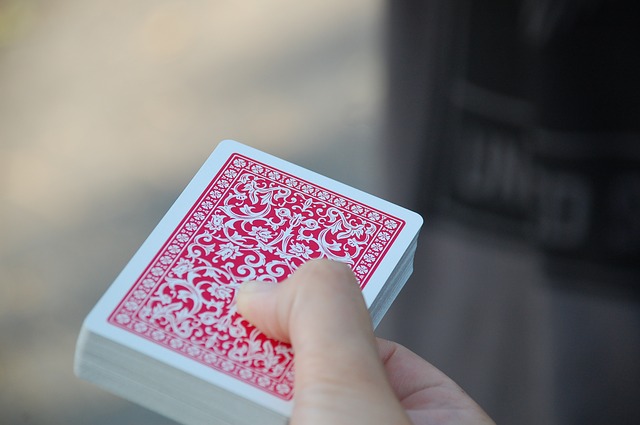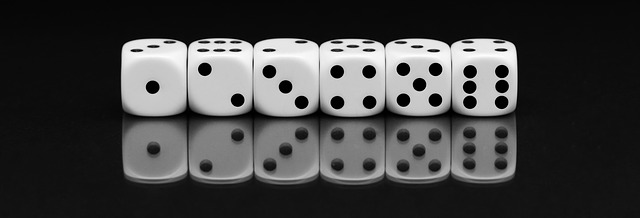Imagine a father, a chess grandmaster with an IQ of 158, playing “man” with his 3-year-old son. Who would win? For the sake of argument, assume that the father does not let his son win and that the son also knows the rules of the game. You would say that the father is likely to win. But how many times would he win if he played the game once every day for 100 days? Would he win 70 times, or would it be so surprising if he only won 40?
The less a player\’s ability affects the outcome of the game, the greater the proportion of chance in the game. I hope you agree that the percentage of chance is very high in man. It is often the case that the player on his turn has only one option and therefore no choice. However, the game is not 100% chance either. An example of a game in which chance is everything is “war. In this one, players simultaneously flip cards, each taking a card from his or her own deck, with the highest value taking the other player\’s card. This game is easily played with a relatively simple robot hand that simply flips cards.
On the other end of the randomness spectrum are chess and paintball. There is no chance in these games; the skill of the player is everything. Modern board games usually fall somewhere in between these two extremes. But what is the ideal level of randomness? Games that place a great deal of emphasis on chance tend to be uninteresting because they are not tactical, do not allow for progression, are primitive, and are therefore suitable for younger children. Games with zero chance, on the other hand, can hardly be played together by players of different levels. The weaker player has no chance to beat the stronger player, and the stronger player has no opponent for the weaker player. Thus, at worst, neither player can enjoy the game.
So what is the answer? The Solomonic answer is that all possible shares exist in the market. However, we must not forget that modern board games are not only about beating your opponent, but also about creating something. That is why I am inclined to games with less chance, but not zero chance.